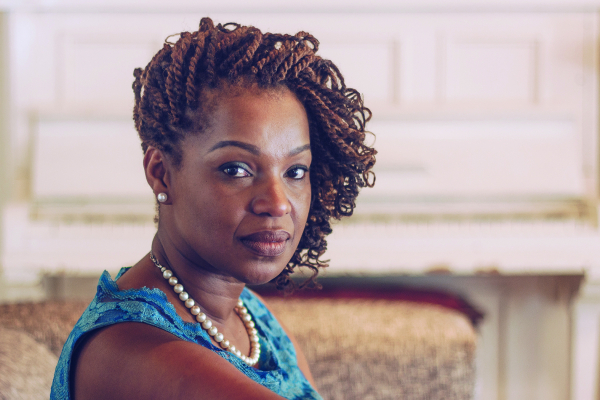
Leadership is a risky business. I don’t mean that with any degree of irony or mischief. I mean it in a very real sense, because leadership roles require enormous amounts of courage and a degree of vulnerability that one might find surprising at first glance. BY Thembe Khumalo
Although we tend to think of power and privilege when considering issues of leadership, the truth is that is a place of service, and, therefore, servanthood.
There is more risk and responsibility assumed by leaders than you could ever be compensated for.
Often, the reality of what you are taking on only becomes apparent once something bad happens.
Where the buck stops is a position of grave responsibility.
So, you have to wonder really, why it is that so many people seem to want to lead.
Why would we squabble over who gets what position and how quickly, if we understood how hard the job actually is?
Who would want to take on all that responsibility, to carry all of that risk, and to place themselves in a position where they are so very vulnerable?
- Chamisa under fire over US$120K donation
- Mavhunga puts DeMbare into Chibuku quarterfinals
- Pension funds bet on Cabora Bassa oilfields
- Councils defy govt fire tender directive
Keep Reading
In January 2015, a number of online newspapers reported that a political leader in a region called Katavi in Tanzania had been killed in a gruesome murder.
The unspeakable act of village justice took place when five men descended on the homestead of a 31-year-old community leader identified as Richard Madirisha, they severed his head and genitals and then cooked them outside his house.
All this following claims the man had committed adultery.
I don’t want to labour on the adultery issue.
I don’t even want to speculate about the gender aspect, and what might have happened if this man had been a woman.
I don’t want to investigate the surprise that we all must feel considering this is Africa, the victim was a man, and the issue was adultery.
Go ahead and admit that it crossed your mind that this must be an over-reaction considering these three things.
After all, men committing adultery in Africa hardly makes news.
But like I said, I don’t want to go there.
The place I want to linger on is the issue of leadership.
The fact that this man was a community leader (other sources say a politician) must surely be relevant in this story.
I want to believe that this position made him more vulnerable to scrutiny, more subject to criticism and more harshly judged, ultimately contributing to the harrowing ordeal that cost him his life.
Let’s hope it happened fast.
I wonder if he even had a sense of what was going on or why when the five people (I am presuming them to be men) barged into his room, wielding machetes.
Were they shouting?
Did they call him names?
Were they sure it was even him lying there?
Was his wife in the room?
What was her role in the drama?
What about the one (or ones?) he committed adultery with?
Was she gorgeous?
Was she young?
Was she married?
Was one of the men her husband?
What happened to her after this incident? So many questions…
But there is no question more piercing to me than the one I ask in the headline.
In the face of unsympathetic criticism, ruthless judgment and regular condemnation, who would want to be a leader?
Do we only want to lead when the voices of the people we lead are kind and complimentary, when their words are coated in honey and their opinions of us are high?
Leaders often want affirmation, and sometimes end up surrounded only by those who agree with them.
But real leadership requires more from us.
It requires that we walk our talk, that we live out the kind of values and ways of living that we claim to espouse.
It requires sacrifice of personal comfort and pleasure, sometimes simply for the purpose of being a decent role model.
Sometimes, it even requires that we give up something gorgeous and exciting, something that makes our hearts sing and blood rush, something we really, really want.
If we want to lead, we must be prepared to give up the things we want for the things that we want more.
Leadership is a tough call.
It is not only in politics that we must acknowledge that leadership is not for everyone.
It is also in business, in schools and churches, in families.
Should a person lead simply because they have sat at the table the longest?
Should they lead simply because gender decrees them the leaders?
Should they lead because they have a special gift, such as prophecy, which may or may not be related to the skills required for leadership, or because they are the oldest, or the loudest, or the ones with the biggest following of machete-wielding villains?
The one who would be a leader is the one who is brave.
The one who would be a leader is the one who can bear the loneliness of a gruelling and often thankless task.
The one who would be true to a cause, and willing to give up, not just his life, but his creature comforts and his privileges for that cause.











